The software industry show you quickly that 8GB, independent where, isn’t by far enough. Since HW programmed obsolence is out, since current PC last more than a Washing machine, they do it with min sys specs of their products. The times, where a 3D FPS was released in a single 96KB file is far away.
Still downloadable as Abandonware https://www.myabandonware.com/game/kkrieger-chapter-1-cl1





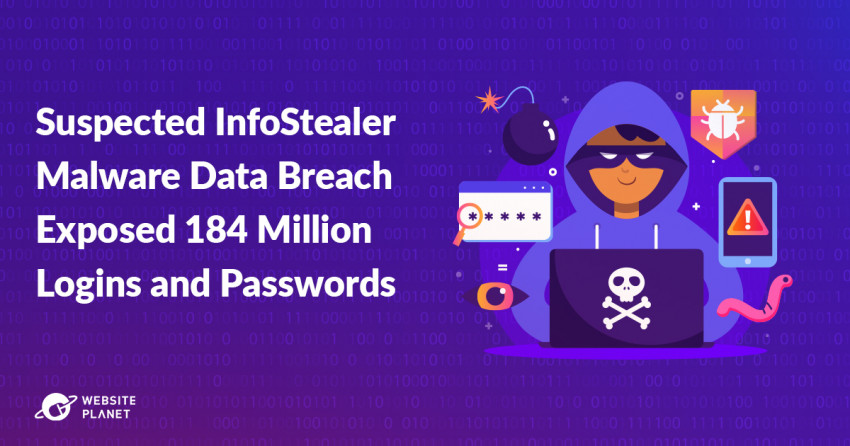





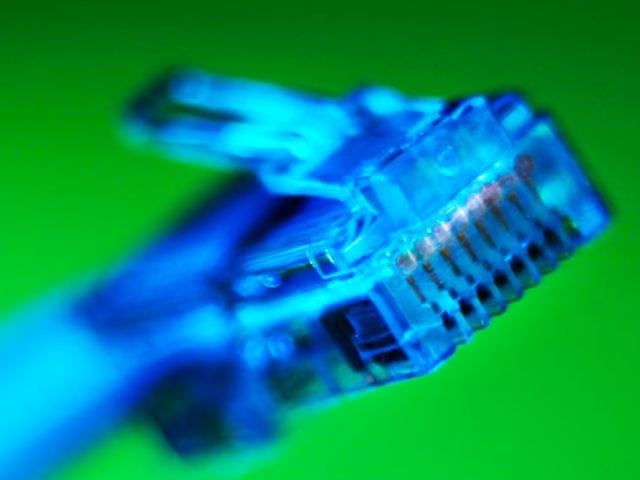
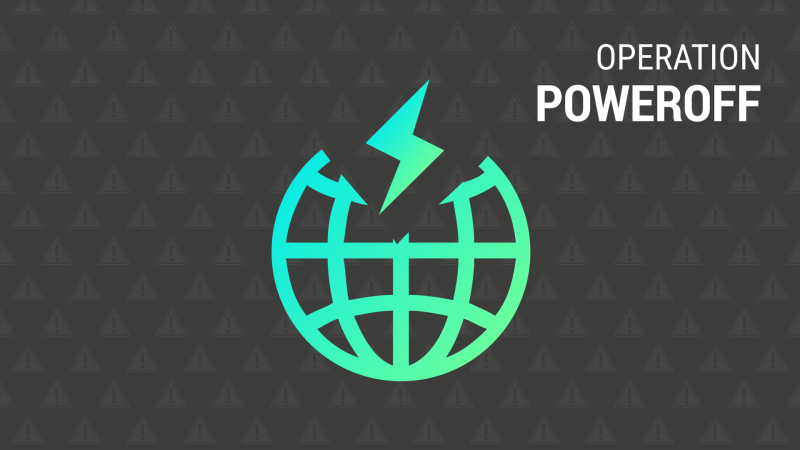
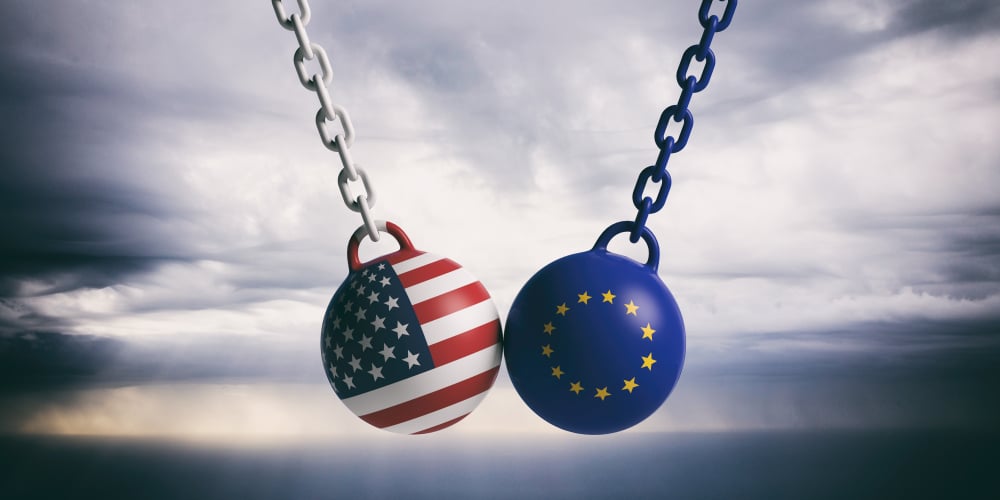


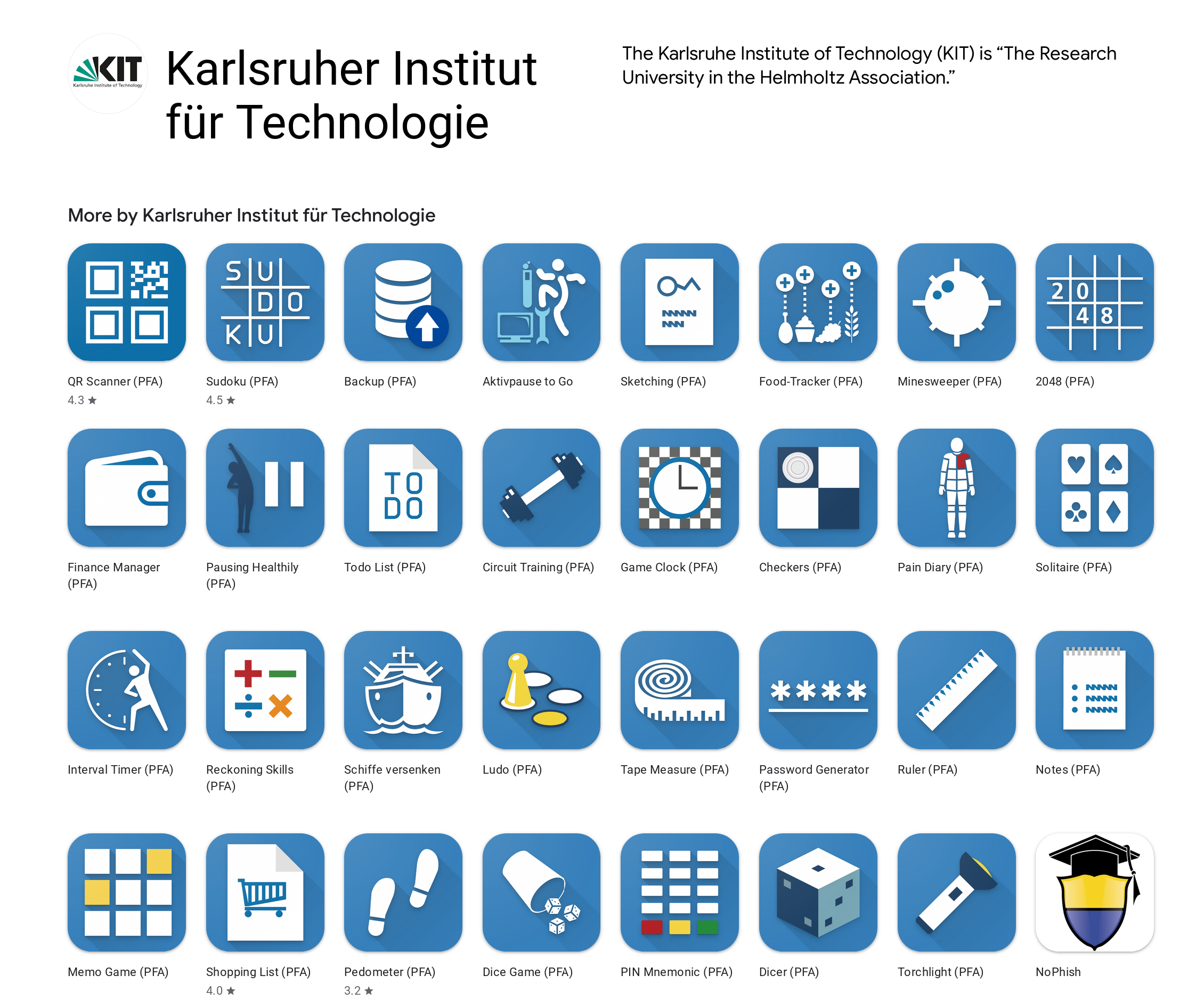

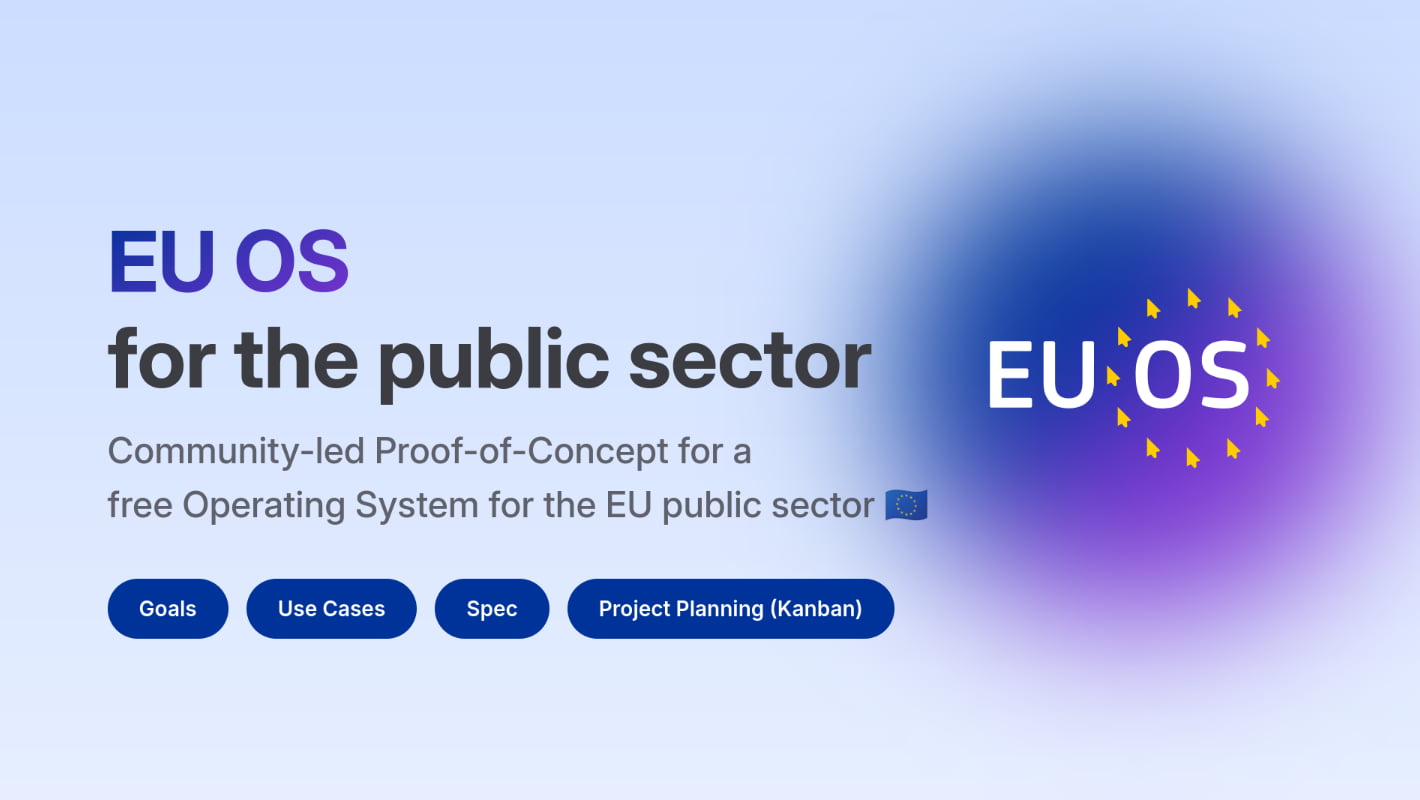


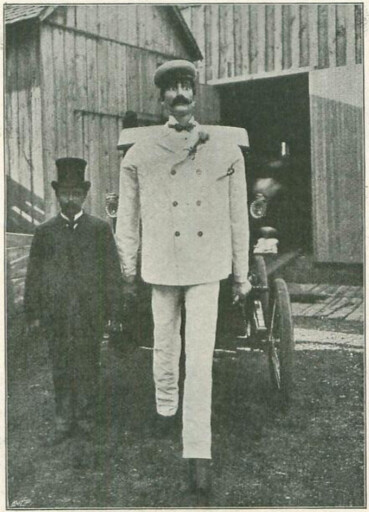
Privacy finished with the first Smartphone